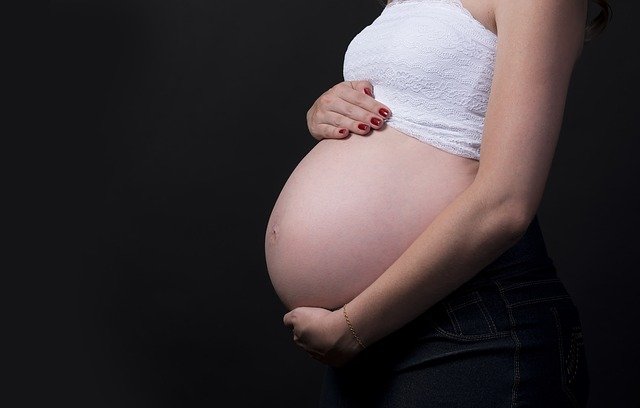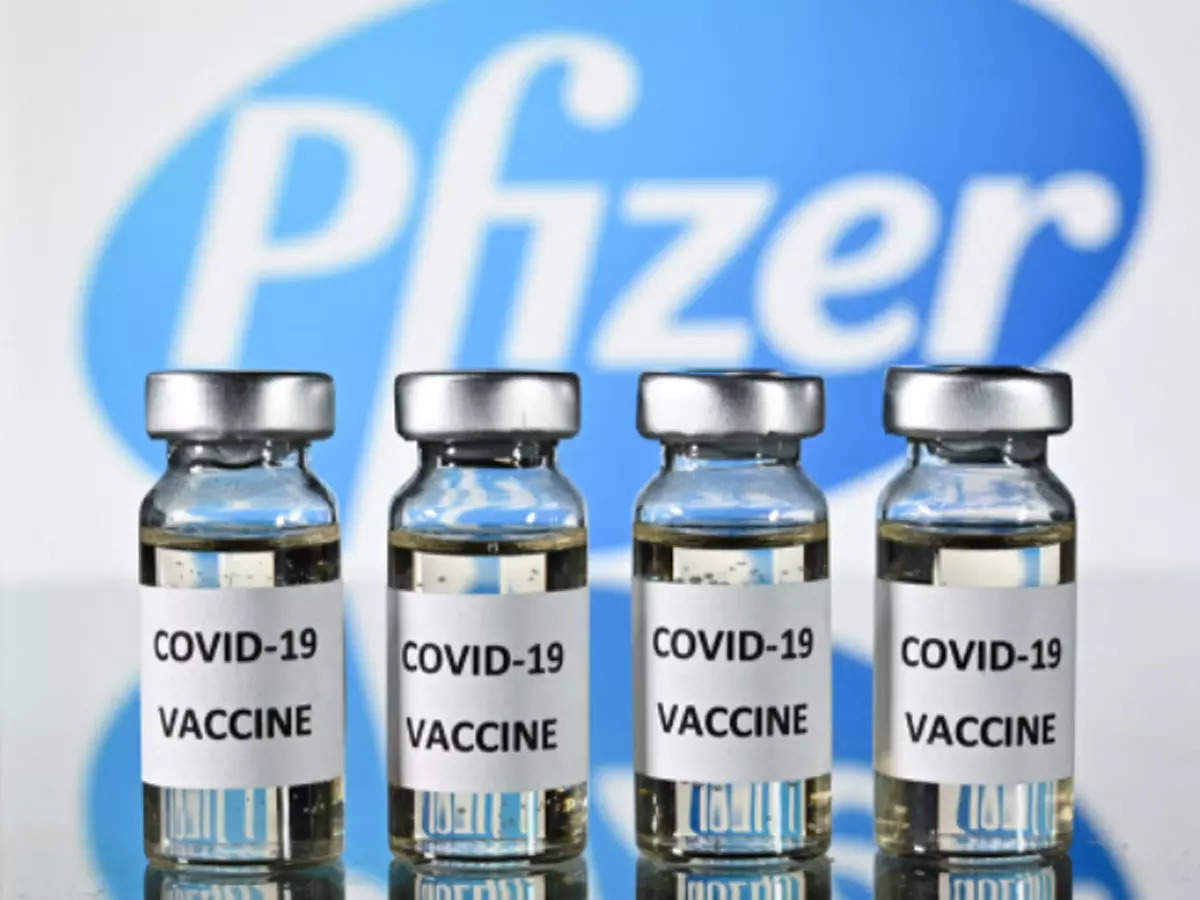Dr Ranjana Sharma, Senior Consultant, Obstetrics and Gynecology, Indraprastha Apollo Hospitals, New Delhi
Hepatitis is a disease that causes inflammation of the liver. Hepatitis may be a result of a viral infection or may be due to a non-viral cause. Different viruses that can cause hepatitis include hepatitis A, B, C, D and E viruses. Acute viral hepatitis may cause jaundice in pregnancy. Non-viral hepatitis in pregnancy may be a complication of a disease associated with pregnancy. A multi-disciplinary healthcare team play a major role in evaluating and managing the health of a pregnant woman with hepatitis.
The treatment, prevention and effects on the pregnancy may vary significantly between the types of hepatitis. Hepatitis can complicate a pregnancy and, in some women pregnancy may complicate hepatitis. Pregnancy can cause a chronic hepatitis infection to flare up and can increase the risk of liver damage. It is important to treat hepatitis during pregnancy as it not only manages the existing condition but also reduces the risk of adverse fetal outcome and the disease progression.
Risks of Hepatitis in Pregnant Women
Viral hepatitis can significantly affect maternal and fetal health. It may lead to preterm birth. Hepatitis can be transmitted to the fetus causing short-term and long-term problems. Hepatitis E is the most severe type of viral hepatitis during pregnancy, but fortunately it is not the commonest. Both hepatitis B and C are commoner than E and can be prevented by a vaccine. Hence, women considering pregnancy should be vaccinated against hepatitis B and C before pregnancy.
Autoimmune hepatitis is another risk in pregnancy. But with regular surveillance by an obstetrician and better treatment options a favourable outcome is feasible. For a better outcome a proper antenatal care with screening for hepatitis and regular follow ups is recommended.
Symptoms of Hepatitis Pregnant Women Should be Aware of:
Pregnant women with hepatitis should be aware of symptoms which either indicate an infection or advancing liver disease. These include:-
- Nausea, vomiting, loss of appetite
- Jaundice or yellowing of skin and eyes
- Darkening of the color of urine
- Bruising or bleeding beneath the skin
It is highly advisable to visit an obstetrician immediately on noticing any of the above symptoms. A timely diagnosis and management are key to a successful treatment.
Impact of Hepatitis on Postpartum Recovery
Chronic hepatitis infection generally does not significantly impact a woman’s recovery in the postpartum period unless it is associated with hemorrhage, when the recovery period can be prolonged.
Breastfeeding is not considered to be risky for the transmission of viral hepatitis. Therefore, there is no need to restrict breastfeeding. Women with cracked or bleeding nipples should give it a break until healing takes place.
The newborns should receive immunoglobulins and vaccination against hepatitis B.











